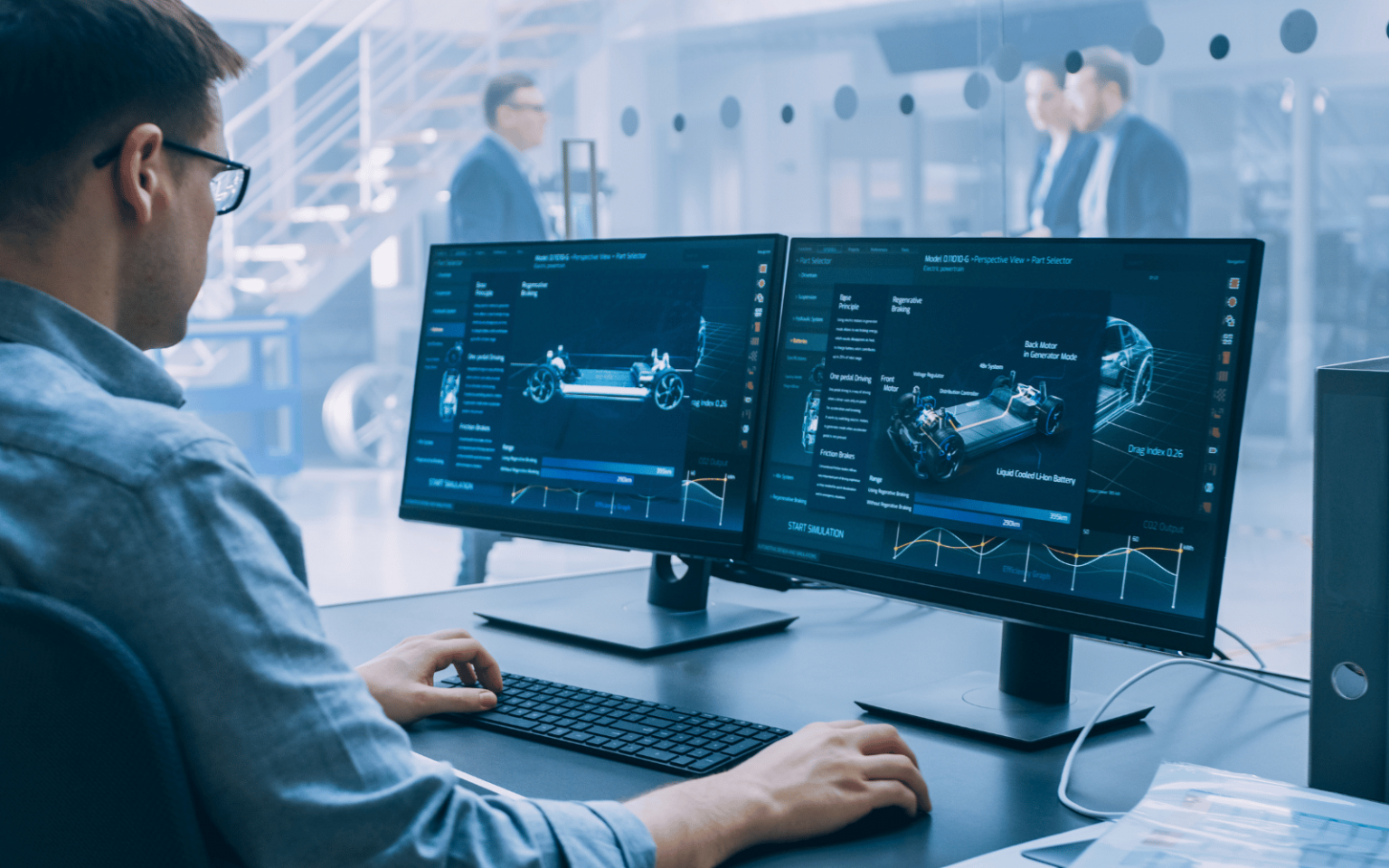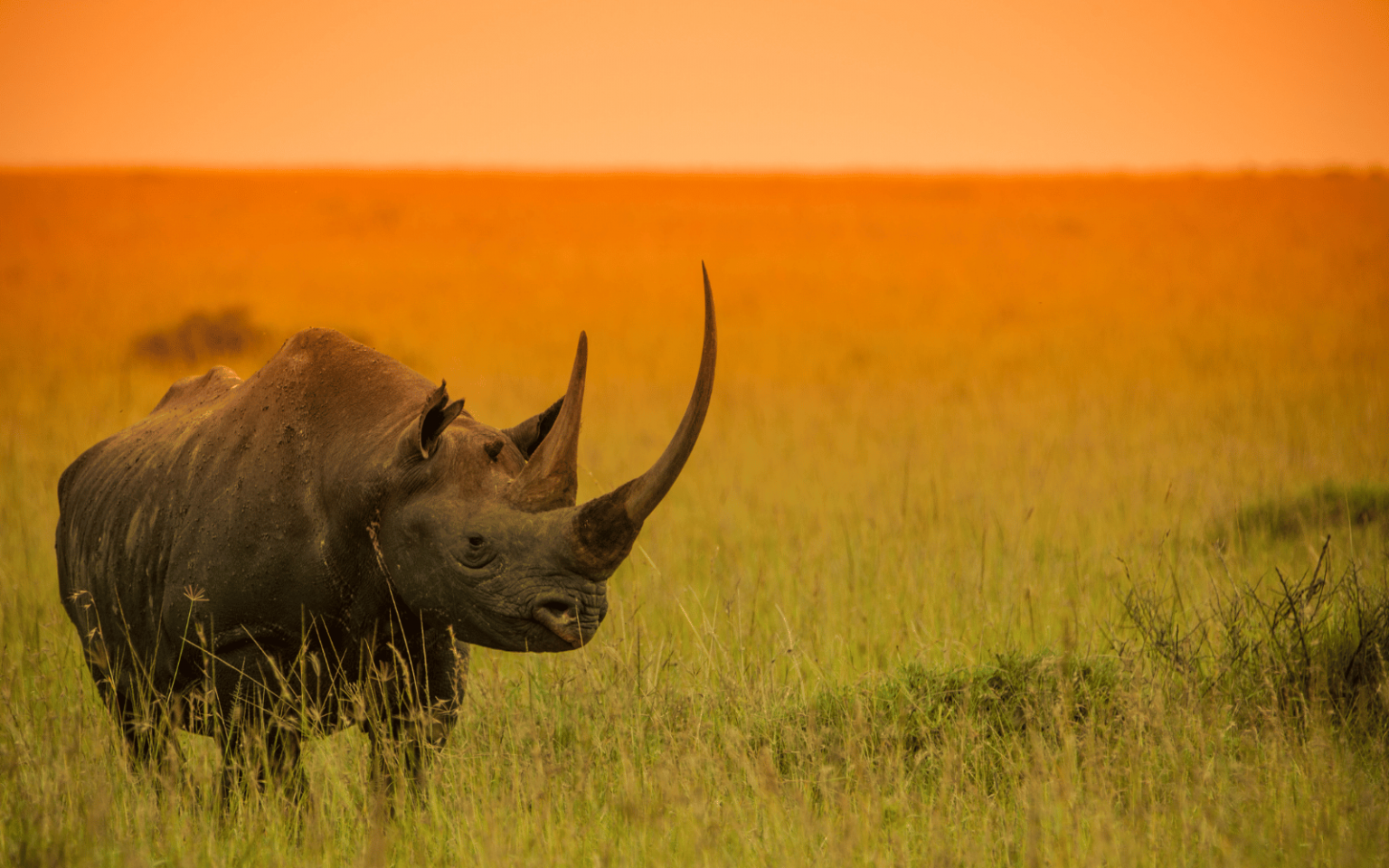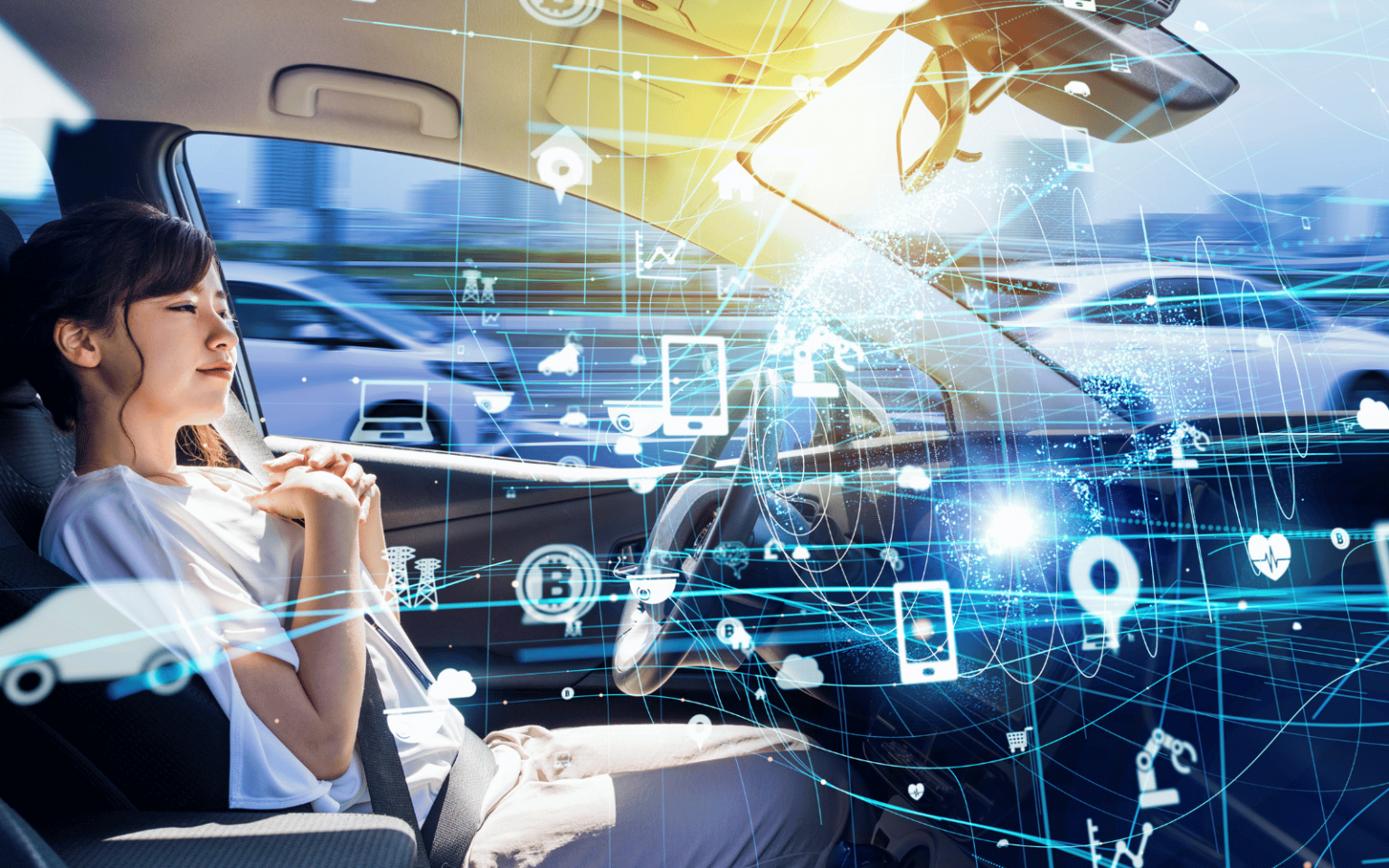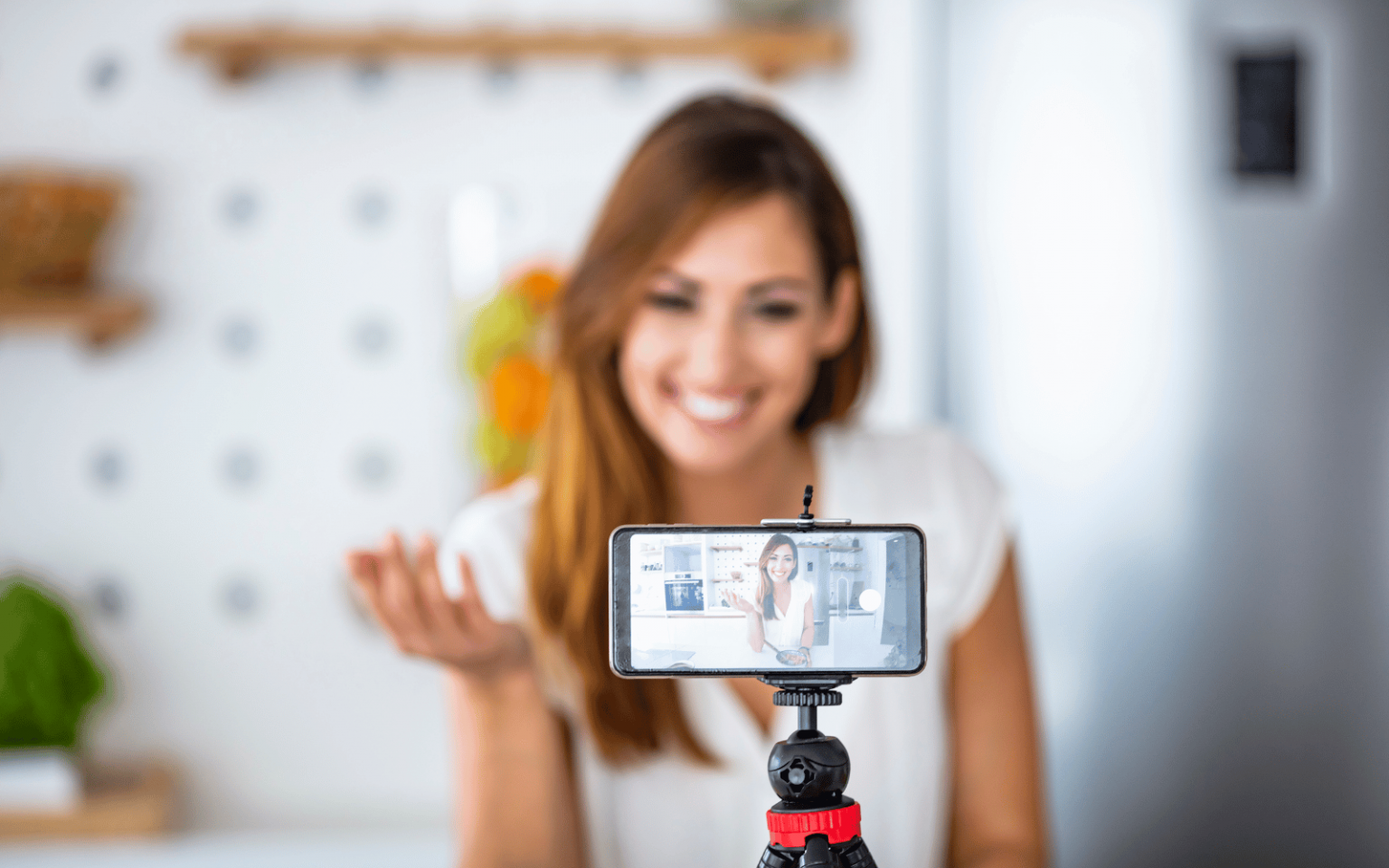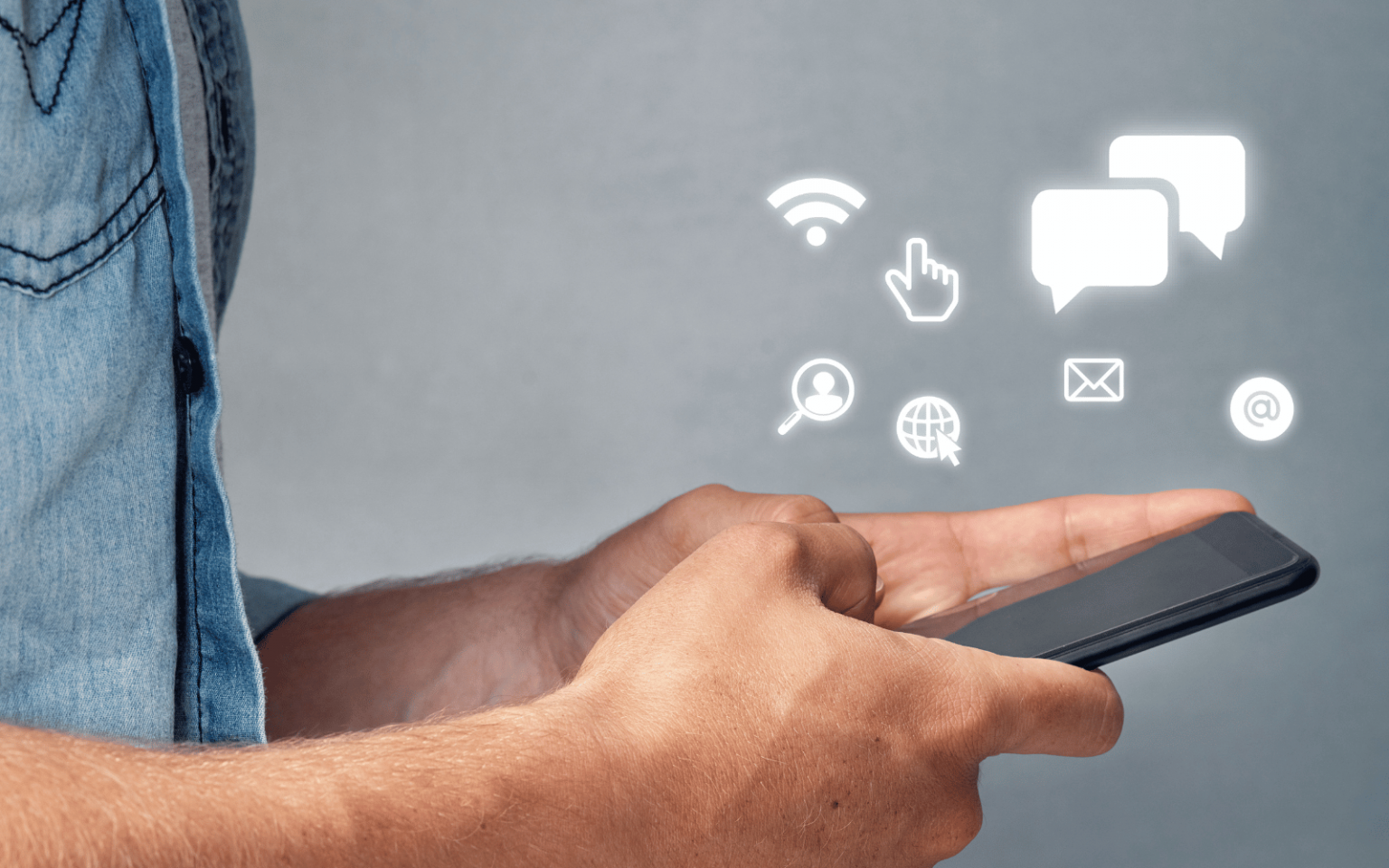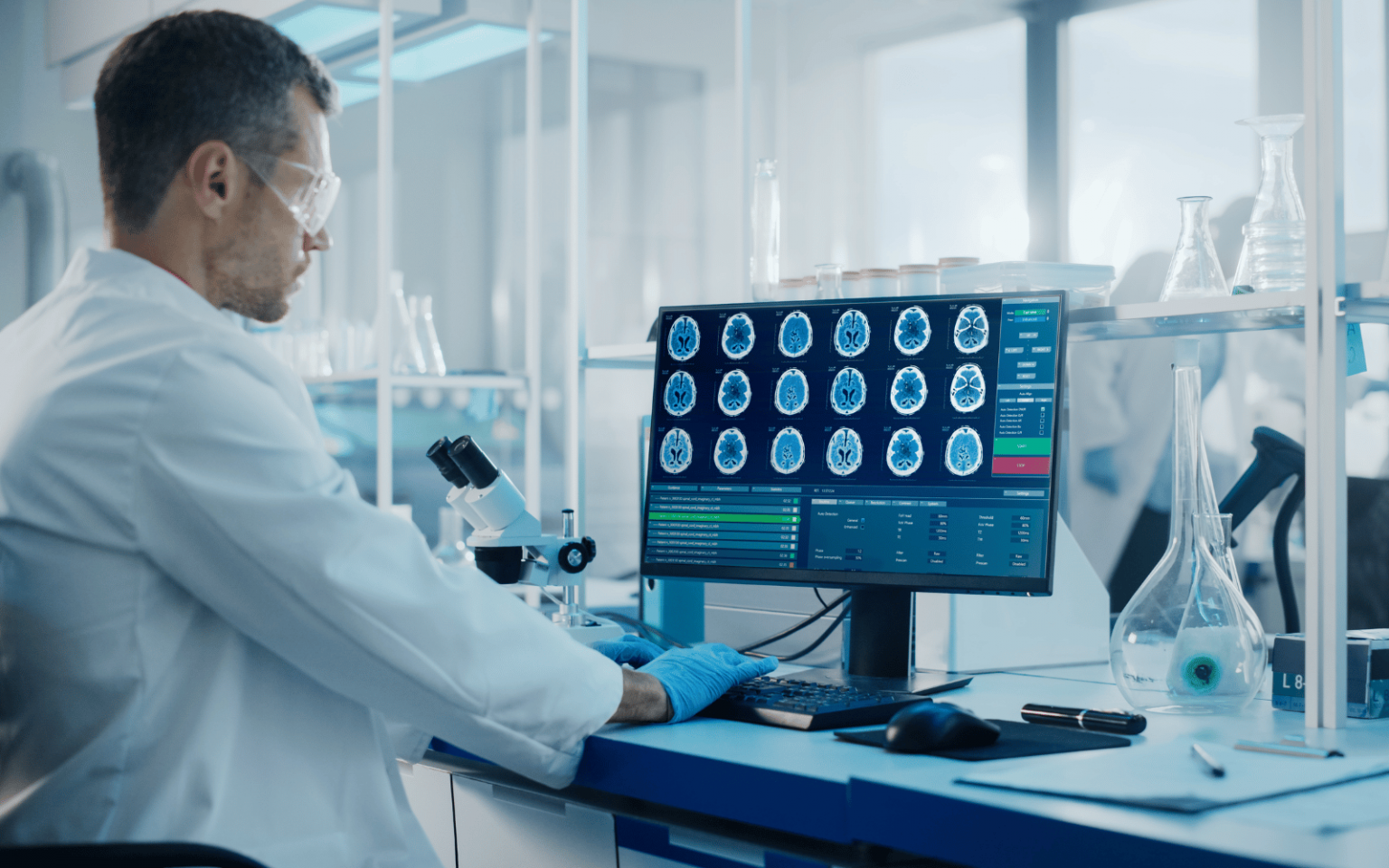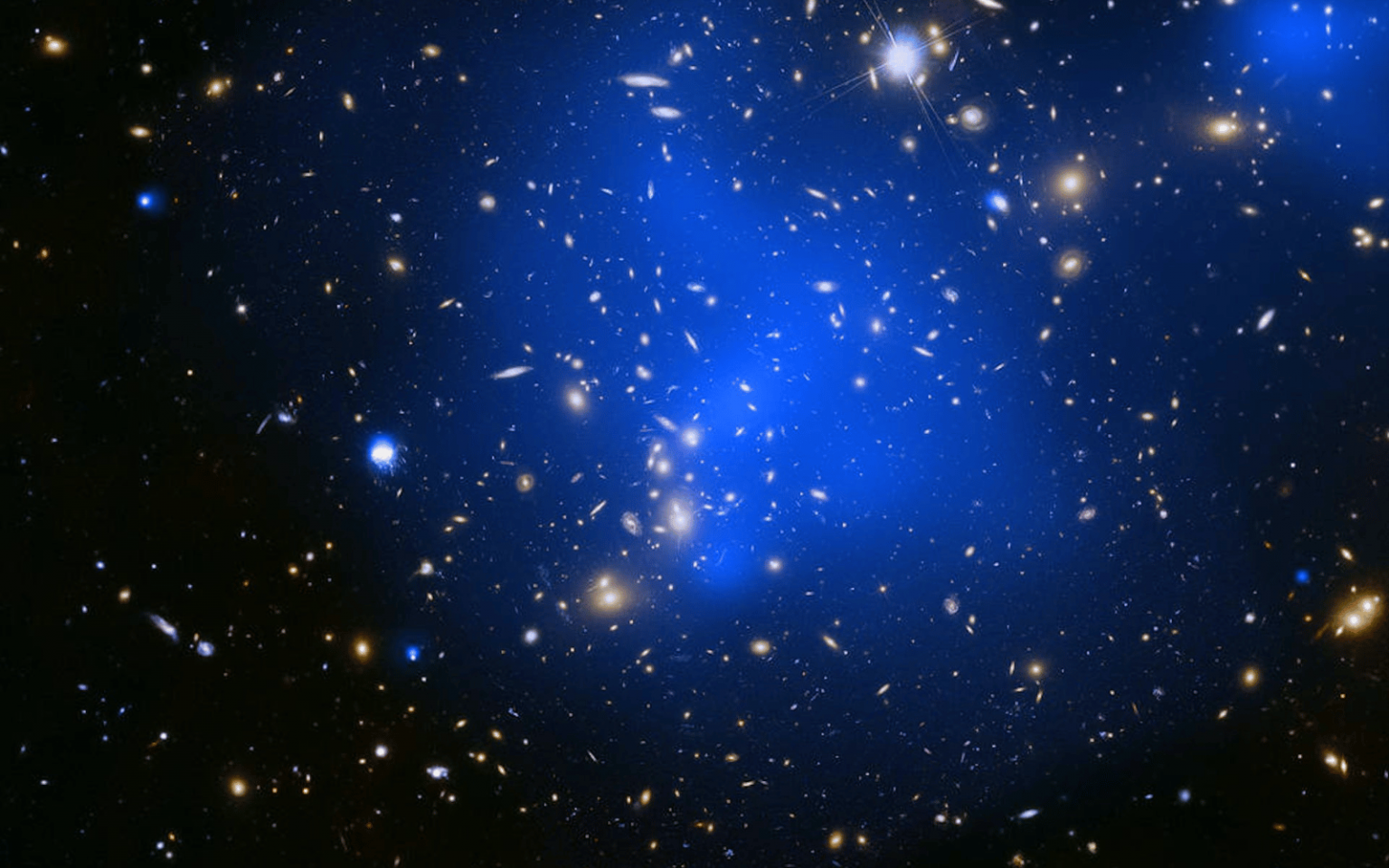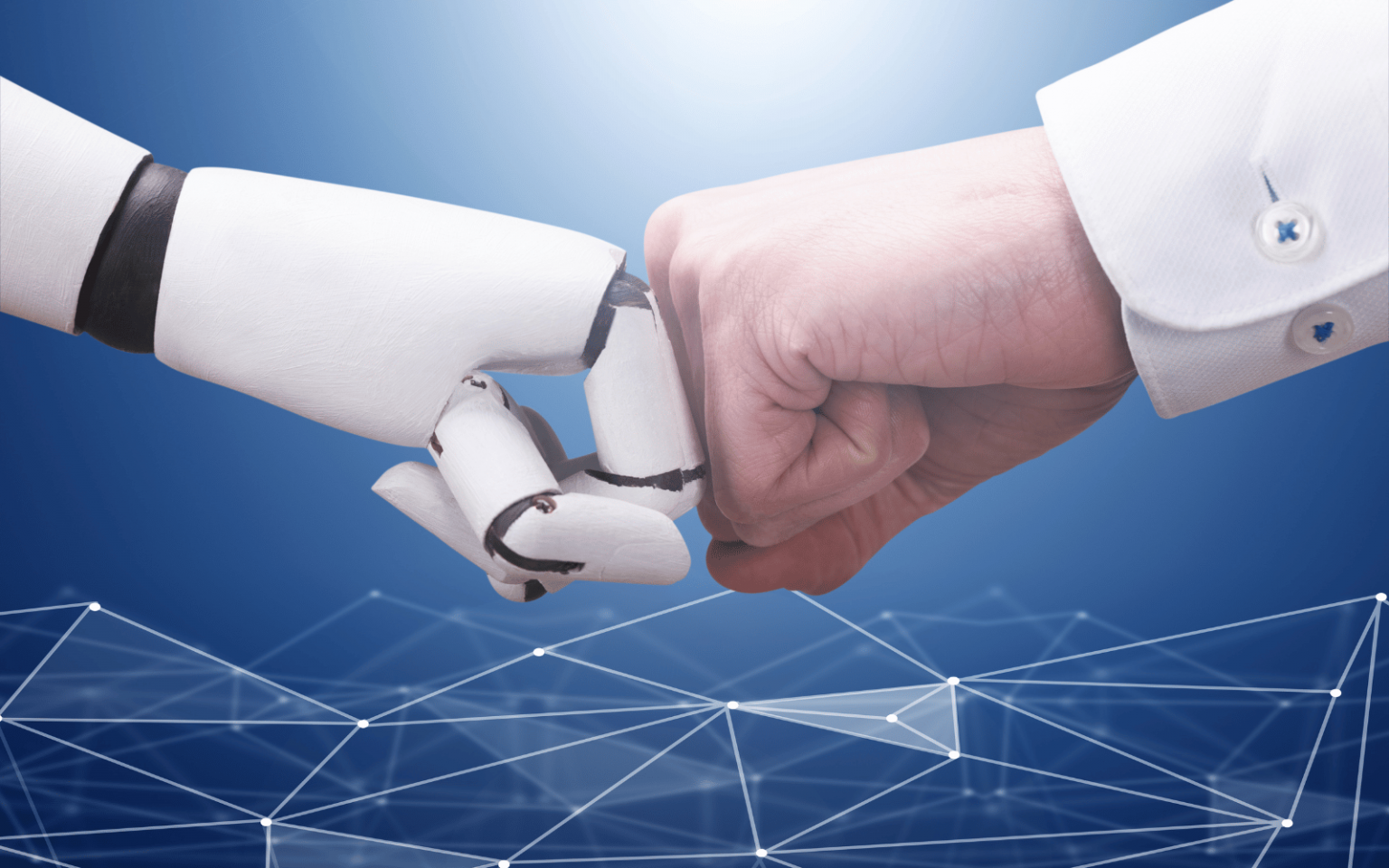These days, cars are computer centres on wheels. Today’s vehicles can contain over 100 computers and millions of lines of software code. These computers are all networked together and can operate all aspects of your vehicle. It’s not surprising, then, that car theft has also become high-tech. The ones and zeros of getting from A to B The computers in a vehicle can be divided into four categories. Many computers are dedicated to operating the vehicle’s drive train, including controlling the fuel, battery or both, monitoring emissions and operating cruise control. The second category is dedicated to providing safety. These…
Author: The Conversation
There are several parallel projects running across the world to save the northern white rhinoceros (Ceratotherium simum simum), one of Africa’s captivating and iconic wildlife species. With the death of last male in 2018 and with only two females alive, the species is functionally extinct. The most famous of these projects is an international research consortium called BioRescue. It was founded in 2019 by a team of scientists and conservationists under the leadership of the Leibniz Institute for Zoo & Wildlife Research in Berlin, Germany. In one of its research lines, the BioRescue team collects mature eggs – scientifically called oocytes – from one of…
There is much talk in the automotive industry about the “internet of vehicles” (IoV). This describes a network of cars and other vehicles that could exchange data over the internet in an effort to make transportation more autonomous, safe and efficient. The IoV could help vehicles identify roadblocks, traffic jams and pedestrians. It could help with a car’s positioning on the road, potentially enable them to be driverless, and provide easier diagnoses of faults. It’s already happening to some extent with smart motorways, where technology is used with the intention of managing motorway traffic in the most effective manner. A more…
Hiring is normally featured as a prime example for algorithmic bias. This is where a tendency to favour some groups over others becomes accidentally fixed in an AI system designed to perform a specific task. There are countless stories about this. Perhaps the best known example is when Amazon tried to use AI in recruitment. In this case, CVs were used as the data to train, or improve, this AI. Since most of the CVs were from men, the AI learned to filter out anything associated with women, such as being the president of the women’s chess club or a graduate from a women’s…
Canadians spend more than two hours per day on social media platforms. Social media is becoming more prevalent every day, and influencers and those that want to be influencers are too. Influencing is an all-new career option that, until recently, didn’t exist. A social media influencer is someone who has established a reputation for being knowledgeable about a specific topic or industry and has an online following that they engage with. Social media influencers build relationships with their followers through the content they share and interactions on live streams, comments and chats. This in turn builds a greater sense of community and ultimately gives influencers more…
The AI division of Mark Zuckerberg’s Meta recently unveiled its Llama 2 chatbot. Microsoft has been appointed as Meta’s preferred partner on Llama 2, which will be available through the Windows operating system. Meta’s approach with Llama 2 contrasts with that of the company OpenAI, which created the AI chatbot ChatGPT. That’s because Meta has made its product open source – meaning that the original code is freely available, allowing it to be researched and modified. This strategy has sparked a vast wave of discussions. Will it foster greater public scrutiny and regulation of large language models (LLMs) – the technology that underlies AI chatbots…
Elon Musk’s recent rebranding of Twitter as X is a step toward the CEO’s goal of developing an “everything app.” Musk’s vision is for X to mark the spot for all your digital needs – to chat with your friends, order groceries, watch videos and manage your finances, all on one platform. His recent announcement might have left you wondering what an everything app is and whether you need really one. If everything apps are so great, why isn’t there one that’s widely used in the U.S. already? As someone who studies how consumers use social media and what that means for digital marketing, I find the…
Neurotechnologies – devices that interact directly with the brain or nervous system – were once dismissed as the stuff of science fiction. Not anymore. Several companies are trying to develop brain-computer interfaces, or BCIs, in hopes of helping patients with severe paralysis or other neurological disorders. Entrepreneur Elon Musk’s company Neuralink, for example, recently received Food and Drug Administration approval to begin human testing for a tiny brain implant that can communicate with computers. There are also less invasive neurotechnologies, like EEG headsets that sense electrical activity inside the wearer’s brain, covering a wide range of applications from entertainment and wellness to education and the workplace. Neurotechnology research and…
The universe we live in is a transparent one, where light from stars and galaxies shines bright against a clear, dark backdrop. But this wasn’t always the case – in its early years, the universe was filled with a fog of hydrogen atoms that obscured light from the earliest stars and galaxies. The intense ultraviolet light from the first generations of stars and galaxies is thought to have burned through the hydrogen fog, transforming the universe into what we see today. While previous generations of telescopes lacked the ability to study those early cosmic objects, astronomers are now using the James…
Generative artificial intelligence (AI) has been in the news, most recently concerning the Hollywood actors’ strike about the potential impact of AI in filmmaking. Another story involved AI being used to replicate the voice of the Canadian rapper Drake in a track that went viral. These stories raise questions about performers’ rights, and also lead people to wonder: will AI replace artists? These questions are also germane given recent advances in generative artificial intelligence trained on a vast amount of existing images that have been used to create new images based only on user-provided prompts. I am a composer who has used creative AI in my music and sound…

